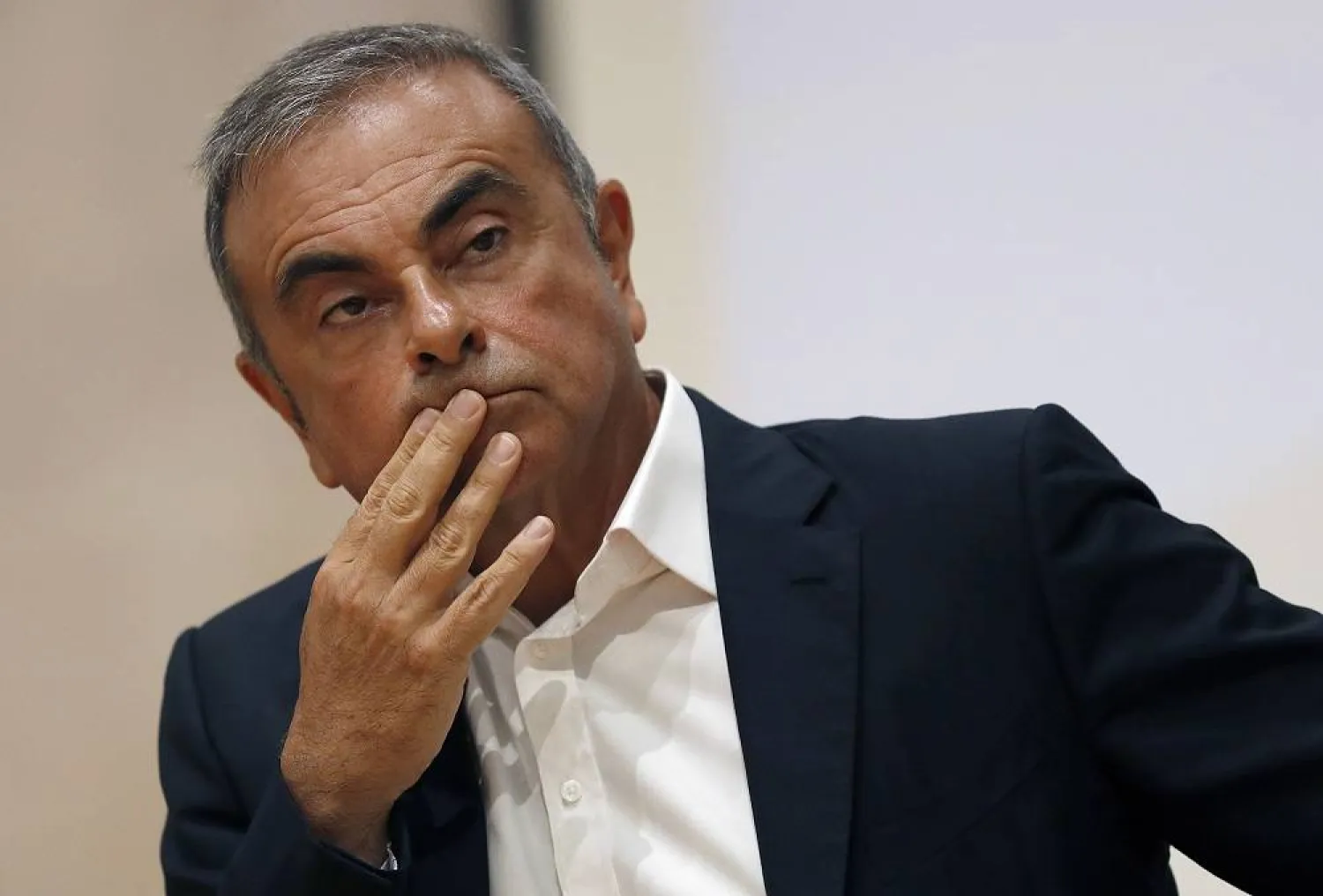A Lebanese judge on Monday questioned auto tycoon Carlos Ghosn in Beirut over possible links to a former French Cabinet minister charged two years ago with “passive corruption" for work she did for him, officials familiar with the case said.
The Lebanese officials said Ghosn denied any dealings with France’s former Justice Minister Rachida Dati who is accused of having done consulting work for Ghosn for two years starting in 2010 when she was a member of the European parliament.
Dati was accused in 2021 of “passive corruption by a person who at the time was holding an elective mandate" and “benefiting from abuse of power.” She was suspected of lobbying, which would have been illegal in her position.
The former head of Nissan and Renault denied during the questioning in Beirut that Nissan had paid about $1 million for Dati in lawyer fees, added the officials speaking on condition of anonymity.
The officials said Beirut recently received a new Red Notice from Interpol and summoned Ghosn for questioning on Monday where he came with his lawyer to attend the session.
It was the third Red Notice that Lebanon has received since Ghosn fled from Japan in late 2019.
A Red Notice is not an international arrest warrant but a request to law enforcement to provisionally arrest the person of interest.
Monday’s questioning was the first for Ghosn since May last year when he was summoned for questioning days after Beirut received a Red Notice from Interpol at the request of the French prosecutor’s office. The notice was for Ghosn and four other people based on an investigation opened in 2019 into money laundering and abuse of company assets.
Dati was the toast of Paris and foreign capitals when she served as justice minister under then-President Nicolas Sarkozy from June 2007 to June 2009. With her Algerian and Moroccan parents and humble origins as one of 11 children in a housing project, she was his emblem of diversity in a new France. Her bling-bling style — a penchant for Dior clothes, stiletto heels and expensive jewels — quickly transformed her into Cabinet cover girl.
In 2019, Ghosn jumped bail while being questioned in Japan in a daring escape by hiding in a box spirited aboard a private jet. He fled to Lebanon which does not extradite its citizens.
Prosecutors in Japan charged three Americans with helping Ghosn escape the country.
Renault and Nissan have been distancing themselves from the scandal.
Ghosn, who has citizenship in Lebanon, France and Brazil, has repeatedly professed his innocence.









